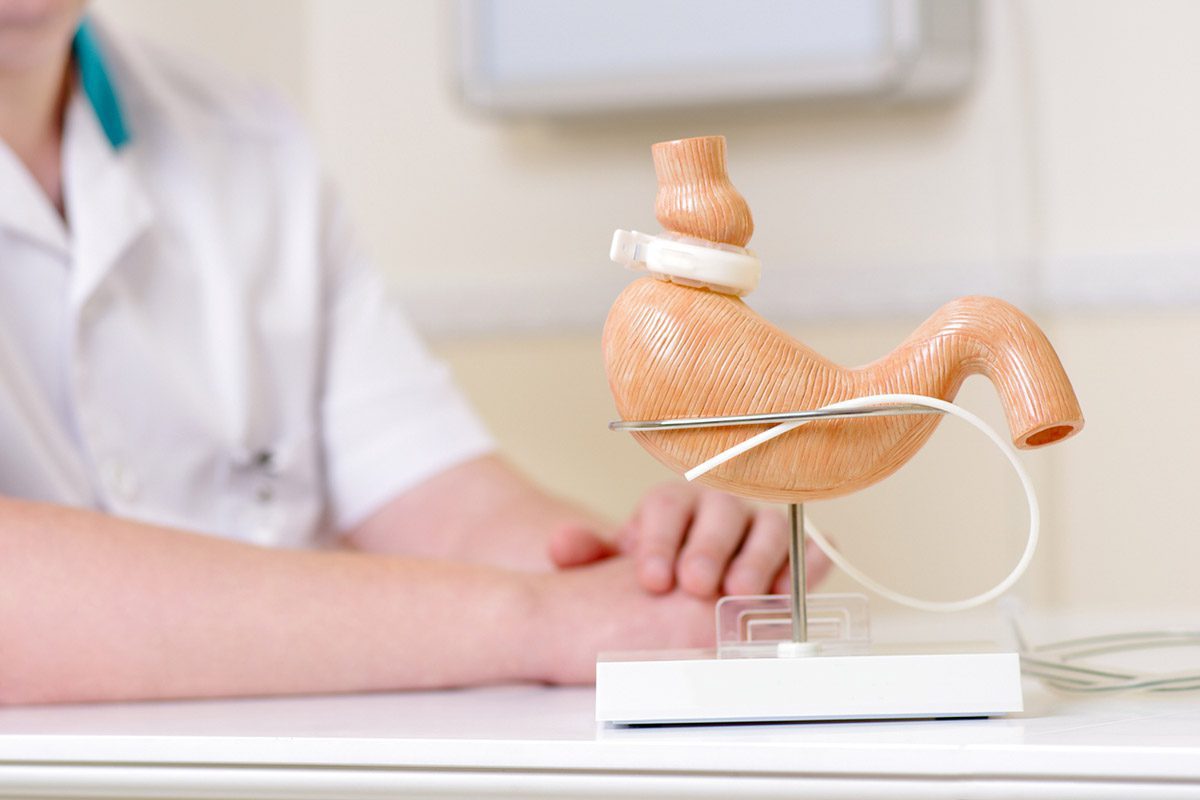Because this piece does not have an abstract, we have provided for your benefit the first 3 sentences of the full text.
To the Editor: We thank Mr Dama and Drs Van Lieshout and Steiner for their response to our article the Perinatal Depression Treatment Cascade: Baby Steps Toward Improving Outcomes. We appreciate their thoughtful comments and suggestions for additional screening recommendations. We fully agree that consideration of potential medical concerns, such as thyroid dysfunction and iron deficiency anemia, that can manifest as psychiatric illness, including major depression, ought to be considered when screening and evaluating all patients, particularly pregnant and postpartum women.
This work may not be copied, distributed, displayed, published, reproduced, transmitted, modified, posted, sold, licensed, or used for commercial purposes. By downloading this file, you are agreeing to the publisher’s Terms & Conditions.
See letter by Dama et al and article by Cox et al
To the Editor: We thank Mr Dama and Drs Van Lieshout and Steiner for their response to our article the Perinatal Depression Treatment Cascade: Baby Steps Toward Improving Outcomes.1 We appreciate their thoughtful comments and suggestions for additional screening recommendations. We fully agree that consideration of potential medical concerns, such as thyroid dysfunction and iron deficiency anemia, that can manifest as psychiatric illness, including major depression, ought to be considered when screening and evaluating all patients, particularly pregnant and postpartum women. In addition, a full evaluation for other medical causes of depression could also include examining levels of vitamin B12, electrolytes, liver function, blood urea nitrogen, creatinine, and blood alcohol and screening for urine toxicology, HIV, and rapid plasma reagin. Thank you all for pointing out this gap; we agree that a full laboratory work-up for new-onset depression may be important to ensure that causal or comorbid medical issues do not go undiagnosed or untreated, thereby improving treatment outcomes for patients.
Reference
1. Cox EQ, Sowa NA, Meltzer-Brody SE, et al. The perinatal depression treatment cascade: baby steps toward improving outcomes. J Clin Psychiatry. 2016;77(9):1189-1200. PubMed doi:10.4088/JCP.15r10174
aDepartment of Psychiatry, University of North Carolina at Chapel Hill, Chapel Hill
Potential conflicts of interest: None.
Funding/support: None.
J Clin Psychiatry 2017;78(5):612
https://doi.org/10.4088/JCP.17lr11458a
© Copyright 2017 Physicians Postgraduate Press, Inc.
This PDF is free for all visitors!
Save
Cite



